In a serious struggle there is no worse cruelty than to be magnanimous at an inopportune time
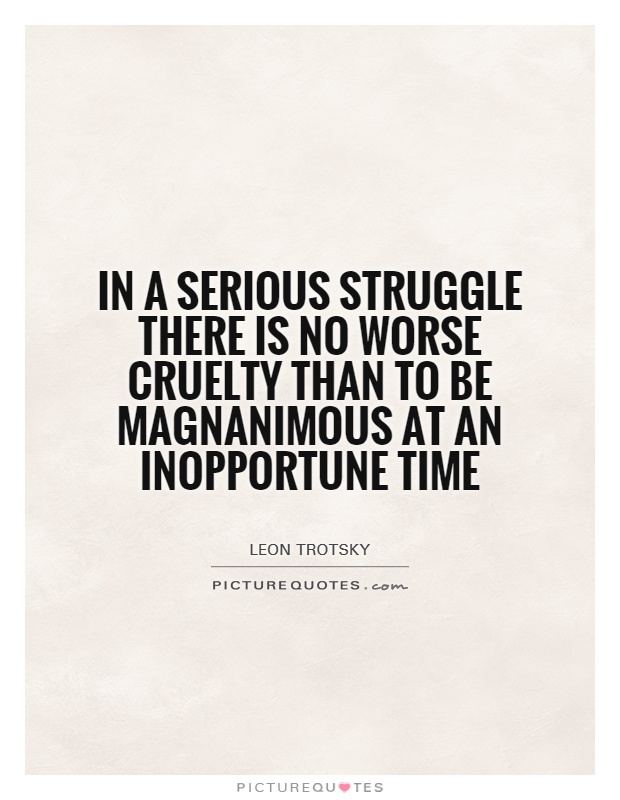
In a serious struggle there is no worse cruelty than to be magnanimous at an inopportune time
Leon Trotsky, a key figure in the Russian Revolution and a prominent leader in the early Soviet Union, understood the importance of timing in political struggles. His quote, “In a serious struggle there is no worse cruelty than to be magnanimous at an inopportune time,” reflects his belief that in times of conflict, being overly generous or forgiving can be detrimental to one’s cause.Trotsky’s experiences in the tumultuous political landscape of early 20th century Russia shaped his understanding of the need for strategic and calculated actions. As a leader of the Red Army during the Russian Civil War, Trotsky faced numerous challenges and threats to the Bolshevik government. In these high-stakes situations, he recognized that showing mercy or leniency to enemies could be perceived as weakness and could ultimately undermine the revolution.
One of the most famous examples of Trotsky’s adherence to this principle was his role in the suppression of the Kronstadt rebellion in 1921. The sailors at the Kronstadt naval base, who had been staunch supporters of the Bolsheviks during the revolution, rose up against the Soviet government due to grievances over lack of political freedoms and economic hardships. Despite his previous ties to the sailors, Trotsky ordered a brutal military crackdown on the rebellion, resulting in thousands of deaths.
While Trotsky’s actions at Kronstadt were controversial and have been criticized by some as excessive, he believed that it was necessary to demonstrate strength and resolve in order to maintain the Bolsheviks’ grip on power. In his view, being magnanimous or lenient towards the rebels would have only emboldened other dissenters and weakened the government’s authority.
Overall, Trotsky’s quote serves as a reminder of the harsh realities of political struggles and the importance of making tough decisions in order to achieve one’s goals. In times of crisis, being too forgiving or generous can be seen as a sign of weakness, and may ultimately lead to defeat. Trotsky’s legacy as a revolutionary leader is a testament to the enduring relevance of his words.
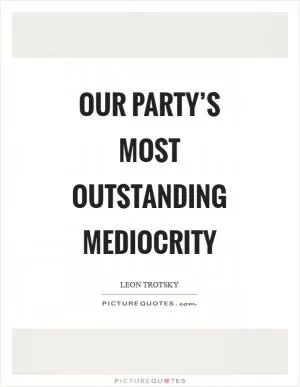
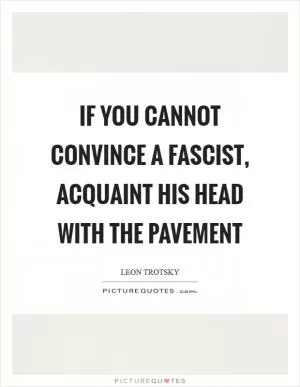
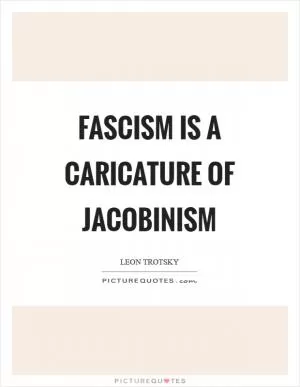

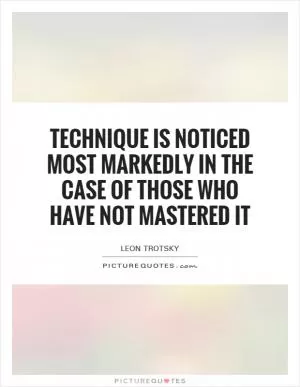

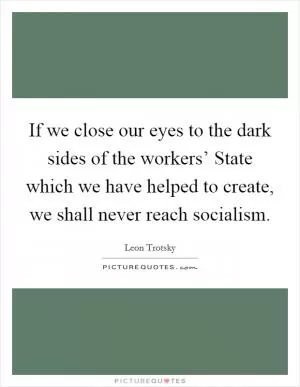
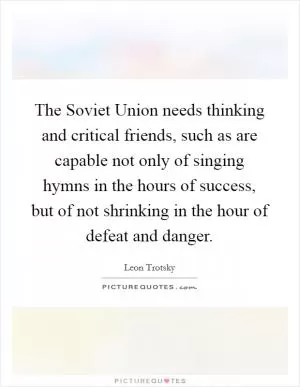
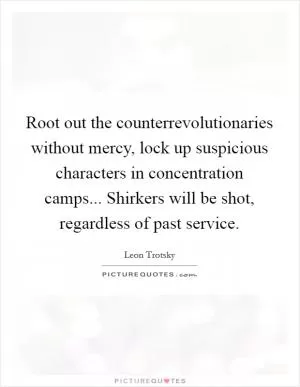
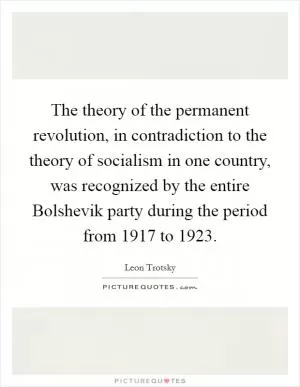
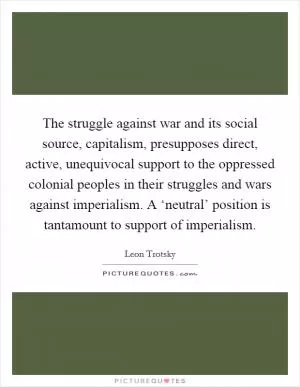
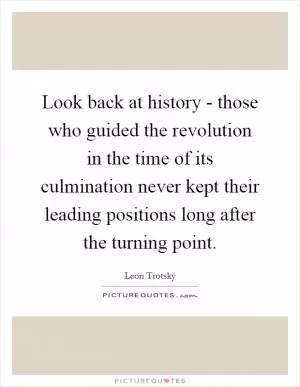
 Friendship Quotes
Friendship Quotes Love Quotes
Love Quotes Life Quotes
Life Quotes Funny Quotes
Funny Quotes Motivational Quotes
Motivational Quotes Inspirational Quotes
Inspirational Quotes